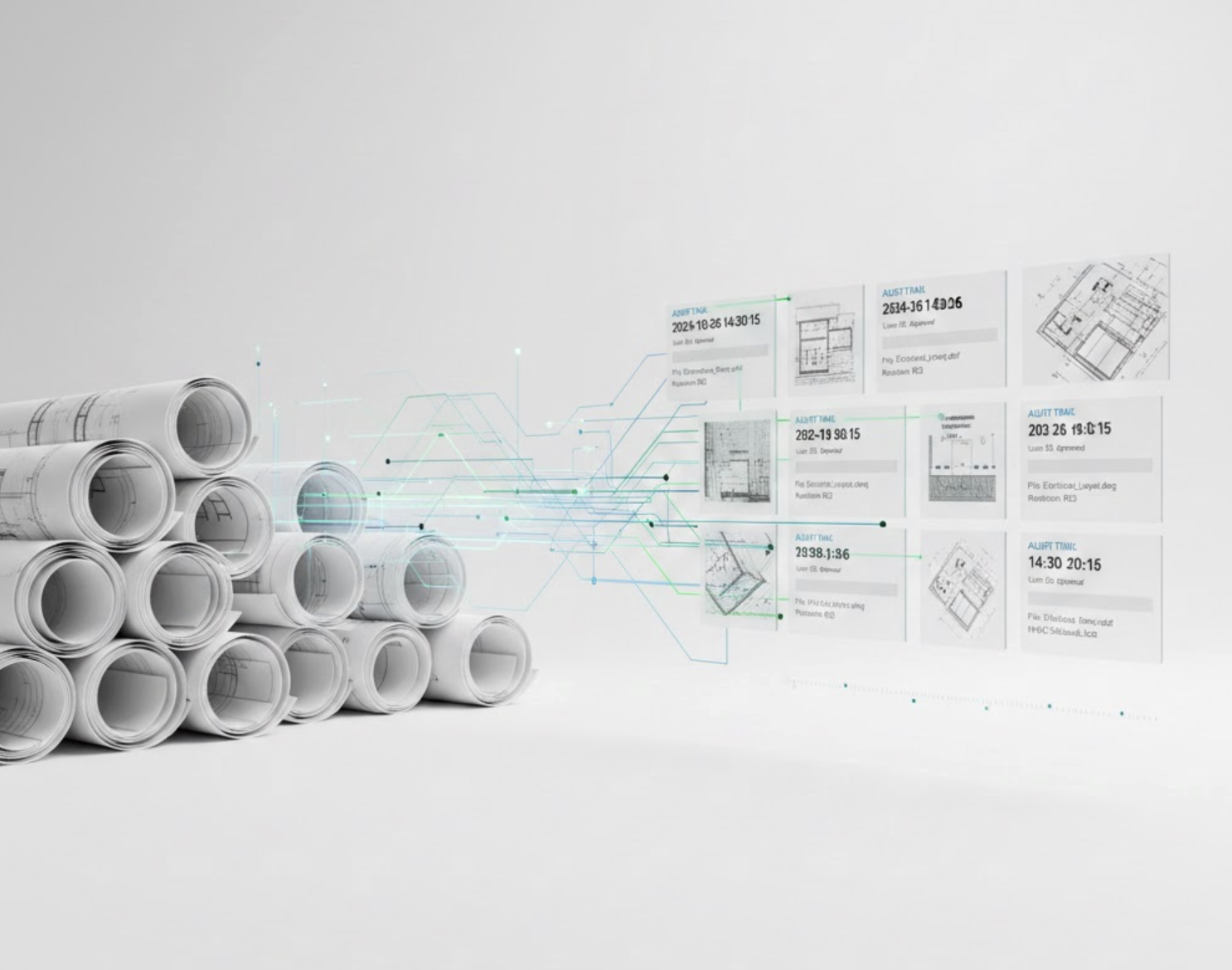From Contract Negotiation to Payment Milestones: One Unified Flow
In the construction business, effective project management is crucial for success. One of the core components of this is the flow from contract negotiation to payment milestones. Utilizing construction project management software, like Zepth, can streamline these processes, ensuring clarity and managing financial aspects more effectively. This post delves into the essential stages of contract negotiation and how structuring milestone payments can facilitate smoother project execution.
Contract Negotiation
The journey of a successful construction project begins with contract negotiation. This critical phase establishes the terms, scope, and financial elements of the project, creating a solid foundation for all parties involved. Effective negotiation is vital for setting clear expectations, which can help mitigate the chances of disputes later on.
Structuring Milestone Payments
One of the essential aspects of contract negotiation is structuring milestone payments. This is often done by creating a balanced payment schedule, where payments are made at specific percentages of the total contract value. For instance, a common approach could involve 20% payment at signing, 30% at the mid-point, and the remaining 50% upon completion. However, this structure should be adaptable based on the project’s unique requirements.
Milestone payments are most effective when they are tied to specific deliverables. In the construction sector, for example, payments might correlate with the successful completion of phases such as demolition, foundation work, framing, and the final inspection. It’s also vital to incorporate contingency planning into these contracts. This can include provisions that outline the consequences for unmet milestones, establishing grace periods or penalties, thereby fostering transparency and accountability throughout the project.
Drafting Milestone Payment Clauses
To ensure the efficacy of milestone payment structures, clear drafting of payment clauses is necessary. Here are some recommendations:
- Specificity About Deliverables: Clearly outline what needs to be completed at each milestone including deadlines and standards. This specificity helps avoid disputes.
- Payment Schedule: Define the exact amounts, due dates, and payment methods (e.g., bank transfers or checks) to reduce ambiguity.
- Review and Approval Processes: Establish a structured process for reviewing and approving milestones with defined feedback or revision periods and clarity on who has final approval.
- Dispute Resolution Clause: Create a roadmap for resolving disputes regarding milestone completions, which may involve mediation, arbitration, or third-party consultations.
Implementation and Management
Implementing a structured approach to milestone payments is essential for effective project management. Objectives during implementation should focus on fostering transparency and accountability. By incorporating jobsite management tools, construction managers can ensure visibility on deliverables and adherence to timelines.
Proper cash flow management is another critical aspect of successful implementation. Milestone payments provide contractors the opportunity to secure vital operating capital, allowing them to manage their cash flow effectively and avoid financial strains that could jeopardize the project.
Use Cases and Examples
The concept of milestone payments is widely applicable across various sectors:
- Construction Projects: Payments often occur upon the completion of significant project phases, such as site preparation, foundation establishment, framing, and final inspections.
- Freelance Work: Freelancers may structure payments with 30% upfront, 30% at the first draft delivery, and the remaining 40% upon final approval.
- Software Development: In tech, payments might be set to align with the completion of the initial design, prototype delivery, user testing, and final deployment.
Best Practices
Following best practices can optimize the management of milestone payments:
- Clear Communication: It is crucial for all stakeholders to understand the payment schedule and the specific criteria linked to each milestone.
- Regular Updates: Providing frequent updates and progress reports keeps everyone informed and engaged.
- Flexibility: Be open to adjusting the payment schedule based on the project’s progression or unexpected changes.
Emerging Innovations and Tools
The construction industry is continuously evolving, and so are the tools that manage project workflows. Integrating innovative workflow solutions can enhance the process of managing milestones and payments, leading to improvements in transparency and accountability. Construction finance tools, such as those provided by Zepth, can significantly streamline contract negotiations, manage milestone payments, and overall financial tracking of projects effectively.
How Zepth Can Help
Zepth offers valuable solutions that facilitate a unified flow process throughout construction projects. By integrating contract negotiation, milestone definition, and payment management, Zepth ensures seamless and transparent project execution. Here are a few features Zepth provides:
- Jobsite Management Tools: Zepth’s tools promote transparency in deliverables and compliance with timelines, enhancing oversight and cash management for contractors. You can learn more about jobsite management here.
- Financial Tracking: Zepth’s platform aids in monitoring project financials, assisting contractors in optimizing cash flow and avoiding financial burdens.
By employing strategies and leveraging tools offered by Zepth, construction projects can transition smoothly from contract negotiation to payment milestones, promoting project success and financial stability.




